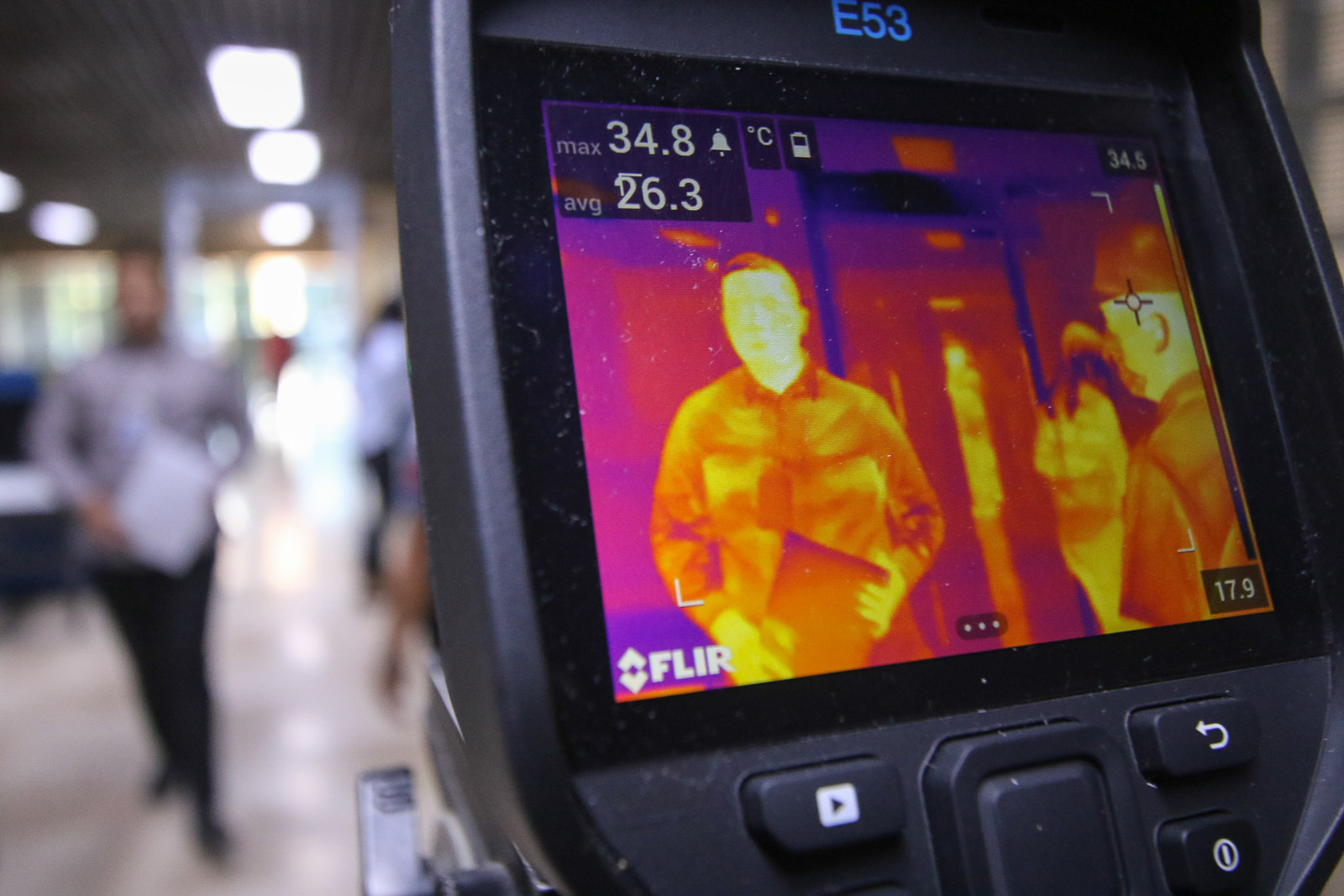
What is the best thing to drink when having COVID-19?
“You should be hydrated enough so that your urine is almost clear,” says Dr. Yu. If you have diarrhea or if you're sweating from a fever or chills, make sure you have salt or a little sugar in your fluids—think broths, fresh juices or electrolyte solutions like Gatorade—because salt and sugar can help you retain water.
What to do if you test positive for COVID-19 at home?
Stay home for at least 5 days and isolate from others in your home. Tell your close contacts. Wear a well-fitted mask when around others. If available, a N95 or KN95 respirator is recommended.
How long do COVID-19 symptoms last?
How long they last, however, can depend on the person, the severity of their infection and whether or not they end up with long COVID. "Some people say they feel better in a day, some people say they still have lingering symptoms after three weeks," Welbel said.
What is the typical time to recover from COVID-19?
Early research suggested that it could take 2 weeks for your body to get over a mild illness, or up to 6 weeks for severe or critical cases. Newer data show that recovery varies for different people, depending on things like your age and overall health.
How many days are you contagious with COVID-19?
Those who do get infected with mild-to-moderate COVID-19 will likely remain infectious no longer than 10 days after symptoms begin. Individuals with severe-to-critical illness stemming from a COVID infection likely aren't infectious 20 days after symptoms first began.
How long should I stay in home isolation if I test positive for COVID-19?
If you test positive for COVID-19, stay home for at least 5 days and isolate from others in your home. You are likely most infectious during these first 5 days. Wear a high-quality mask if you must be around others at home and in public. Do not go places where you are unable to wear a mask.
Is it normal for COVID-19 symptoms to last more than 10 days?
People with post-COVID conditions can have a wide range of symptoms that can last more than four weeks or even months after infection. Sometimes the symptoms can even go away or come back again.
How long does it usually take to get over mild COVID-19 symptoms?
For most people who get COVID-19, symptoms get better within a few weeks. But some people, especially those who got sick enough to need to go to the hospital, continue to have symptoms for longer. These can be mild or more serious.
How can I speed up the healing time of the COVID-19?
Some of the things you can do to speed your healing are similar to how you might take care of the flu or a bad cold. Eat healthy foods. If you feel like eating, fuel your body with the vitamins and nutrients it needs to get better. Limit sugary or highly processed foods like cookies and sodas.
Why is getting plenty of rest important for COVID-19 patients?
While fighting a new virus, expect your body to be busy. By giving yourself plenty of time to rest, you'll help provide your body with the energy it needs to get the job done.
How long do body aches and muscle pains last from COVID-19?
Body aches or muscle pains may be an early symptom of COVID-19, often appearing at the very start of the illness and lasting for an average of 2-3 days. Unfortunately, COVID-19 body aches can sometimes last much longer and are commonly reported in people with long COVID-19 or post COVID-19 syndrome.
How long can fatigue last after COVID-19 infection?
Fatigue usually lasts for 2-3 weeks after COVID-19 infection, although some people may experience fatigue for 12 weeks or more after the infection is gone.
Is it possible to get a false positive test result for COVID-19?
It's possible to have a positive test result even if you never had any symptoms of COVID-19 . False-positive test results can occur. It may be that the test detected antibodies to a coronavirus closely related to the COVID-19 virus or that the test quality was flawed.
How accurate are at-home COVID-19 antigen tests?
However, at-home COVID-19 antigen tests are generally expected to detect the SARS-CoV-2 virus at least 80% of the time when someone is infected.
Can you recover at home if you have a mild case of COVID-19?
Most people have mild illness and are able to recover at home.
What should I eat if I have COVID-19?
Kiwis, berries, oranges, sweet potatoes, peppers—these all have lots of vitamin C, which support immune health. Put them in a salad or smoothie. If you feel well enough, eat protein. Protein improves healing capacity—after all, it is the building block of all cells, including immune cells.